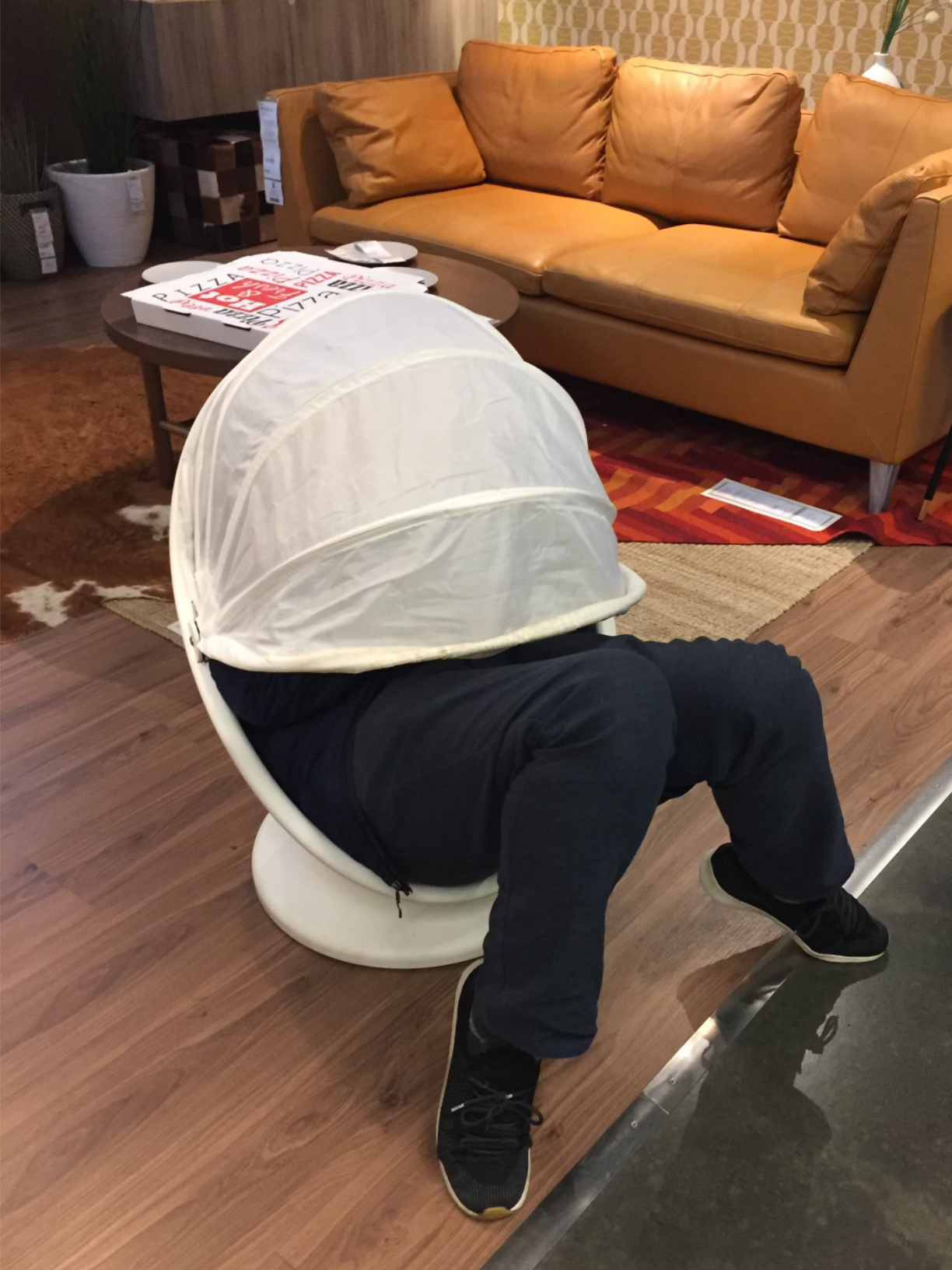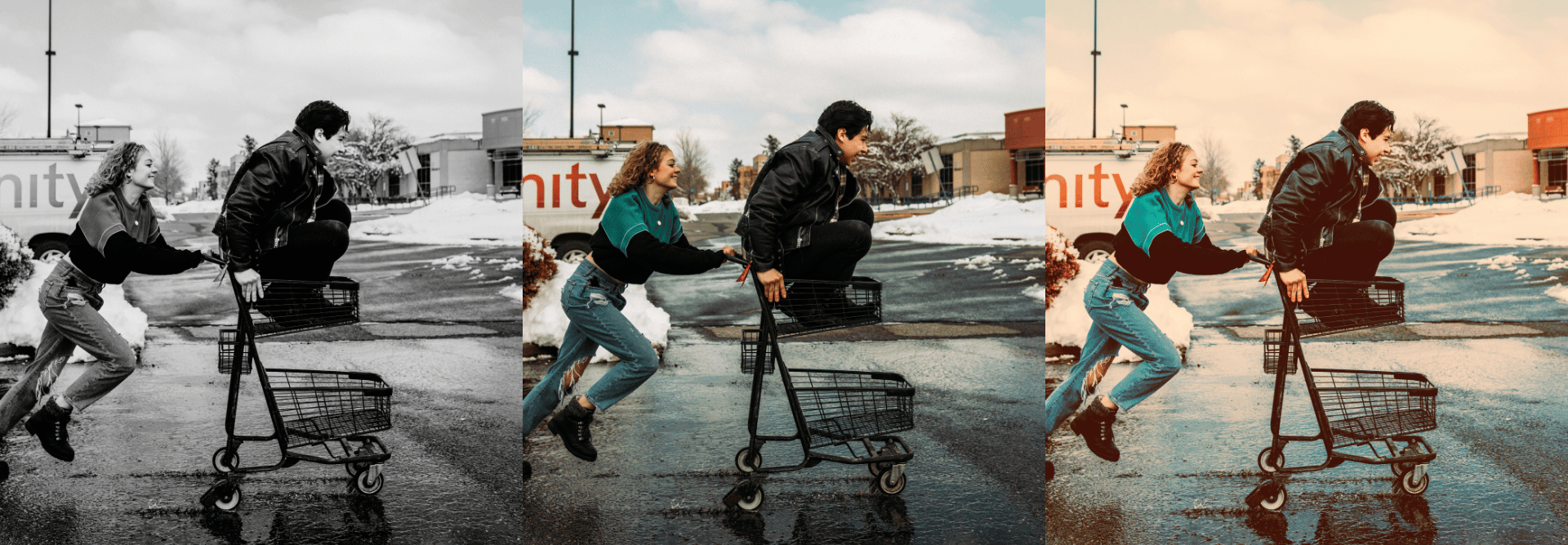When I was younger, I remember thinking that I never wanted to work with teens. Like many people, I believed there was some inherent truth in their “bad” reputation. How often have we all heard or experienced that teens are disrespectful, they don’t do as they’re told, and they only care about themselves? Now, imagine how terrible it must feel to be treated based on negative stereotypical assumptions of you rather than by getting to know you personally. Yet, as my oldest child approached teenagehood himself, I could see how that narrative came about through the normalized conventional teen parenting approach (harsh punishments without conversation, nonconsensual restriction of devices, strict rules, shaming for making decisions the parents wouldn’t make, and the general taking away of autonomy and support). I can’t tell you the last time I asked someone for help when I thought they would tell me how disappointed they were in my decisions and add to my already terrible feelings about my predicament. As a teen, I spent a lot of time hiding my mistakes. It makes sense to me why teens have come to be distrustful of authorities and feel alone in their struggles! Can we really not see that we’ve created the exact conditions for this to happen?
So when I volunteered as a facilitator with teens at a local makerspace, it was a chance for me to deepen my deschooling/conscious parenting journey, confront any lingering internalized anti-teen biases, and really practice empathy for others.
I was initially drawn to the creative nature of the space, having dabbled with many of the tools they offer related to arts and crafts, music making and production, photo and video production, illustration, and more. I was originally trying to fulfill my fantasy of mentoring “teens who eagerly wanted to know all I had to share.” It wasn’t until my interview with the supervisor that it hit me that my fantasy might not always be the reality, just like it wasn’t with my own children. I had to figure out how to work with teens who may be used to dealing with adults and hidden “learning” agendas.
At this point, I reached out to Bria Bloom, Alliance for Self-Directed Education’s Executive Director, to give me her tips for working with teens. Until she shares her tips more in-depth in a future article, here’s my summary of her insights:
- Treat them with respect.
- Listen to them without judgment.
- Trust and support them.
- Care about them genuinely.
As simple as those sound, I believe these basic tools are what adults can use to counter the typical power-over dynamic that teens are used to experiencing. I took this knowledge with me, and it served me well from my very first day at the makerspace.
After getting a tour of the busy space, the supervisor was off helping others while I wandered around until someone needed help. I loved the general vibe, which was that it’s okay not to know everything. It made it easier to say, “Let’s try to figure it out together and if we can’t, we’ll ask someone else.”
It wasn’t long before I had my first opportunity to interact with teens in my new role. Two 13-year-old friends came in. One was more outgoing and said she was trying to get the quieter one to make something. She was like a mother to several of her friends, she said, and she felt like it was her job to open them up and help them. They explored a bit and I checked in with them so they knew I was available. Eventually, the quieter one started to feel more comfortable and sat down at a computer to design an object to 3D print while the more talkative one shared quite a bit with me about what she felt were the differences between her friend and herself.
By 15 minutes until closing time, the quieter friend had made a 3D-printed object and a few vinyl stickers, while the more outgoing friend was left feeling upset with herself because there wasn’t enough time for her to make her own sticker. I had built enough of a rapport at this point that she told me she felt she always did this — sabotaged herself by focusing on her friend’s needs and denying her own. She said her mom noticed the same thing and usually got upset with her about it, but the girl told me she didn’t feel like she could do anything differently.
I understood. It was clear to me that she had a lot of self-awareness. I couldn’t solve her problems for her, but I could listen and care.
In the end, we were interrupted and I didn’t get to say goodbye, but I hope, for that brief period of time, she felt heard and understood. Teens don’t deserve the way they are so often treated in society. People instantly judge them and bring their biases to interactions with them, which might stem from the way adults today were mistrusted when they were teens.

When I think about what I wish teens (and all people) knew, I realize that it’s the idea that they have value just by being alive. That their thoughts, feelings, and opinions matter. Society likes to tell teens that isn’t true, and I’ve come to believe that people accept certain treatment based on how they believe they should be treated. Yet, when people have a strong sense of self-worth and support from others in their lives, they speak up when they are treated poorly because they know and really feel that they deserve to be treated respectfully and as the whole humans they are. If people showed teens with actions, words, and care that they mattered and that it was okay to make mistakes, maybe more of them would feel it.
As adults who interact with teens, especially in an influencing role, it can be hard work to fight against internalized societal messaging (and sometimes a supervisor’s expectations built on that messaging) that says that teens need harsh punishments, strict boundaries, and rigid structure. Yet, I’d argue that what teens actually deserve is respect, care, unconditional acceptance, and support. But change is hard. What can we do?
Well, I’ll turn it around on you, dear reader. What anti-teen biases do you have? What anti-teen biases do you see in society? Where can you push back against those? When can you lean into empathy? What comes up when you think about how you were treated as a teen growing up? Did you have any nonjudgmental support? All of this impacts how we show up in the world and how we treat each other. I believe if we want to change our society’s anti-teen biases, it’s worth examining. The change could be exponential.
If you enjoyed this article and feel called to give back to ASDE, here are ways you can support our work:
- Donate money
- Share our content with others! Click one of the buttons above to easily share on Twitter, Facebook, or email.
- Consider becoming a Contributor for Tipping Points
Tipping Points Magazine amplifies the diverse voices within the Self-Directed Education movement. The views expressed in our content belong solely to the author(s). The Alliance for Self-Directed Education disclaims responsibility for any interpretation or application of the information provided. Engage in dialogue by reaching out to the author(s) directly.






